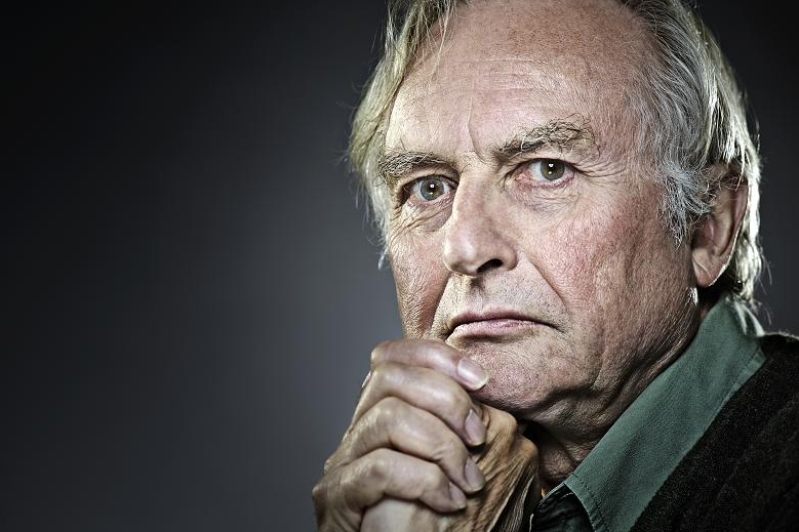
Richard Dawkins, prominent atheist and author of "The God Delusion," has sparked controversy after promoting the notion that children with religious parents must be "protected" from indoctrination.
The 73 year old's comments were made in defense of a campaign by predominantly Atheist Ireland to overhaul the country's education system: "There is a balancing act and you have to balance the rights of parents and the rights of children and I think the balance has swung too far towards parents," Dawkins told the Irish Times. "Children do need to be protected so that they can have a proper education and not be indoctrinated in whatever religion their parents happen to have been brought up in."
Less than a week prior, Dawkins, who also wrote "The Selfish Gene," released a blog post on Time.com titled "Don't Force Your Religious Opinions On Your Children." In the op-ed, he argues that children are being "saddled with religious labels" in a way they never would be with certain political opinions.
Responding to a recent case in London concerning the banning of pork products for primary school dinners so that certain children would not be forced to eat food that violate their beliefs, Dawkins writes, "How can the 'beliefs' of a 4-year-old child be 'important' to her if she doesn't even know what her beliefs are?"
"Would you ever speak of a 4-year-old's political beliefs? Hannah is a socialist 4-year-old, Mark a 'conservative. Who would ever dream of saying such a thing?"
"Religion is the one exception we all make to the rule: don't label children with the opinions of their parents," he writes.
"Unlike national labels, religious labels carry a baggage of personal opinion. Catholics believe Jesus was born of a virgin mother who never died but was 'assumed' bodily into heaven. Mormons believe Jesus visited America and that Native Americans migrated from Israel."
When parents force their religious opinions on their children, Dawkins argues, the children are prevented from properly thinking for themselves or escaping their "idiot child role." He adds that many of his Jewish friends, almost all atheists, enjoy celebrating traditional festivals, and he himself is not opposed to attending cathedral carol services and harvest festivals in country churches.
"Tradition is fine where it amounts to songs or literature, styles of dress or architecture. But tradition is a terrible basis for ethics, or beliefs about the origin of the universe or the evolution of life," he explains.
Some, like Michael Dougherty of "The Week," have criticized the atheist professor's use of the word "indoctrinate," arguing it implies that religious children are unable to think for themselves.
"Of course, I don't intend to force religious convictions on my children or indoctrinate them any more than I intend to force on them good manners, or indoctrinate them in the conviction that "might does not make right." I simply intend to teach, guide, instruct, and correct," he writes.
"Dawkins should give children more credit. Children know instantly the sincerity of their parent's convictions," Dougherty adds. "They know intuitively what is really important to them. Adolescents, because they are unused to decades of bargaining with their own weakness of will, are absolute hounds against hypocrisy. Children invariably test their parents' ideas for themselves."
He warns, "The only way to satisfy [Dawkins], of course, would be to renounce religion entirely, to become an evasive hypocrite, to diminish religion's importance in your life to that of a hobby, like archery or collecting old coins, to make it a thin set of convictions added to the otherwise real and secular."
Others, like the Catholic Herald's Francis Phillips, argue that Christian formation is, in reality, the direct opposite of indoctrination.
He writes, "'Indoctrination', as Dawkins should know (if he were not so exercised by his antagonism towards religion and the publicity he receives whenever he pronounces on the subject) is not the same as forming a child's mind and heart towards spiritual truths that will, one hopes, help to make him a better, more loving and self-sacrificial person; it is to brainwash him with a particular political ideology such as is evident in North Korea today or which was practiced in Russia under the Soviet system. Indeed, indoctrination is the antithesis of Christian formation; it leads the mind, not to wonder, mystery, beauty or love, but to rigidity, mindless control, propaganda and slogans of hatred towards one's enemies."







